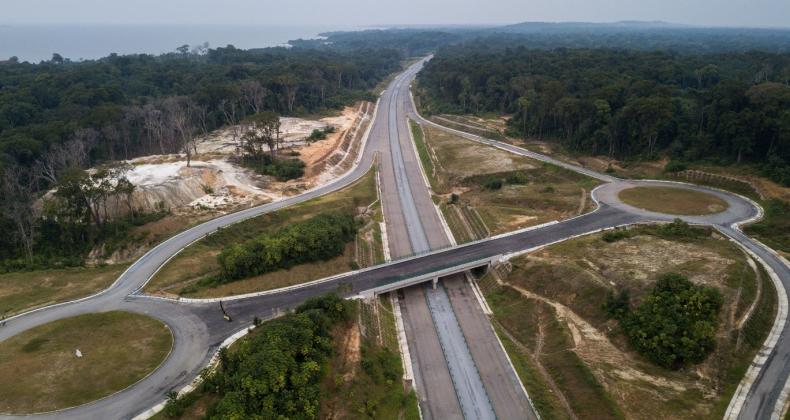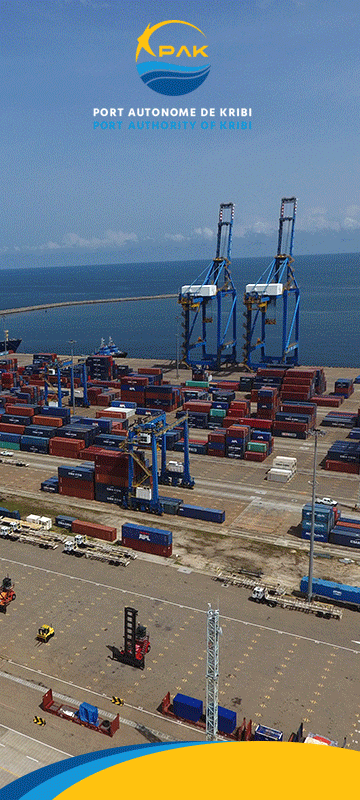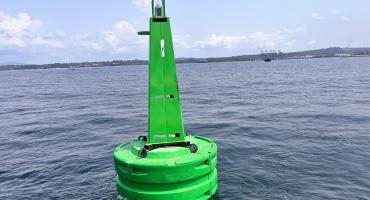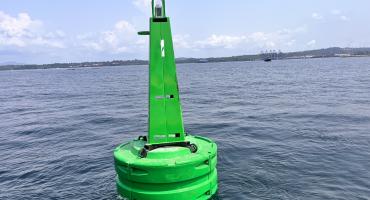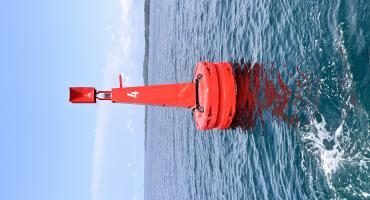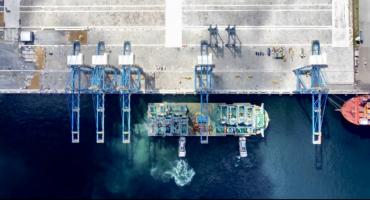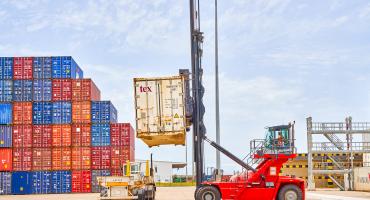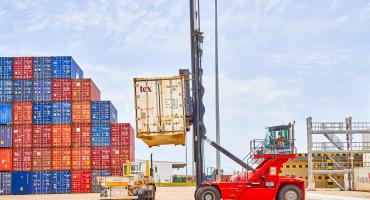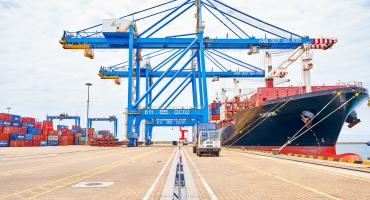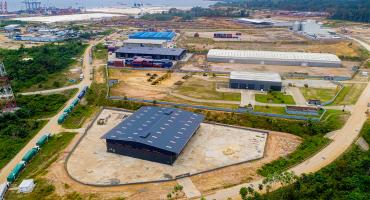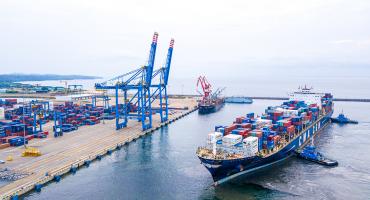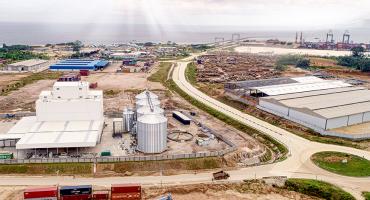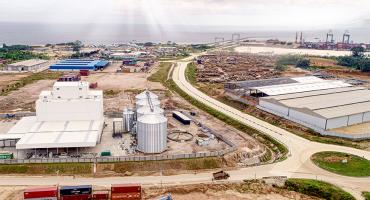It’s official. At the end of the construction of the Lolabé-Kribi highway, the Chinese company (CHEC) will be in charge of operating and maintaining the infrastructure. This information was revealed last 30 December 2019 at the Ministry of Public Works in Yaoundé at the end of the general review of Cameroon’s road and highway projects for the year 2019.
From the onset, the meeting in Yaoundé was an occasion to remind that the Lolabé-Kribi highway amounts to almost CFAF 250 billion with the following features: 38.5km long of 2x2 lanes, going from the village of Mboro to reach Bibolo in the Kribi II Subdivision and a 4.5km restoration way connecting the highway to the Edea-Kribi N7 highway with the construction of 3 diffusers and
2 large bridges. This service infrastructure will improve the accessibility and connectivity of the Port of Kribi.
On 30 December 2019, construction works present a general progress rate of 88.14%. As the Port has been in operation for two years, the commissioning of this highway is critical to its ramp-up.
During the review carried out last December at the Ministry of Public Works, stakeholders expressed their regret for the interruption of works since 26 November 2018 due to various types of hurdles, especially the failure to appoint the motorway operator, the failure to sign the agreement on the escrow account and the non-payment of accounts for about CFAF 75.5 billion. The Government assures that steps are being taken to remove the remaining impediments and to resume work as soon as possible. Effective resumption has been announced for February 2020.
What needs to be done
The schedule for completion of the remaining 12% of the work suggests provisional acceptance of the work within 6 to 7 months provided there are no other interruptions, in view of the effective mobilization of material and human resources in the field. It should be pointed out that the remaining works concern:
- Completion of the connecting ramps, in particular at PK 3+610 (level of the Kribi deep-sea port); PK 29+780 (level of the N17 national highway) and PK 38+500 (level PK end of the highway and connection with N7 highway (Edea-Kribi));
- Completion of the last surface course;
- Carrying out signage work (horizontal and vertical);
- The development of the toll areas, including work on the first full lane toll station (PK 25+800) and the associated facility (operations building, technical room, workshop, gate house) and the toll gates at PK 30 and PK 38+500.
About the operation
For the Chinese company, this will involve ensuring a level of service for the highway infrastructure, in particular permanent fluidity (rapid detection of breakdowns or other blockades and ensuring that obstacles are removed quickly); preserving the quality of the structures and equipment (maintenance) and collecting resources (toll and weighing fees). The modalities of operation as well as the overall contractual period are yet to be determined. Nevertheless, it is time to complete the phase I construction, which is important for more than one reason. It will free the Kribi city centre from the ever-increasing volume of heavy goods vehicles in transit, which is a major social and environmental risk for the city in terms of accidents, noise pollution, etc. It will also enable the city to avoid the need to build a new roadway, which would be a major source of noise pollution, etc.

